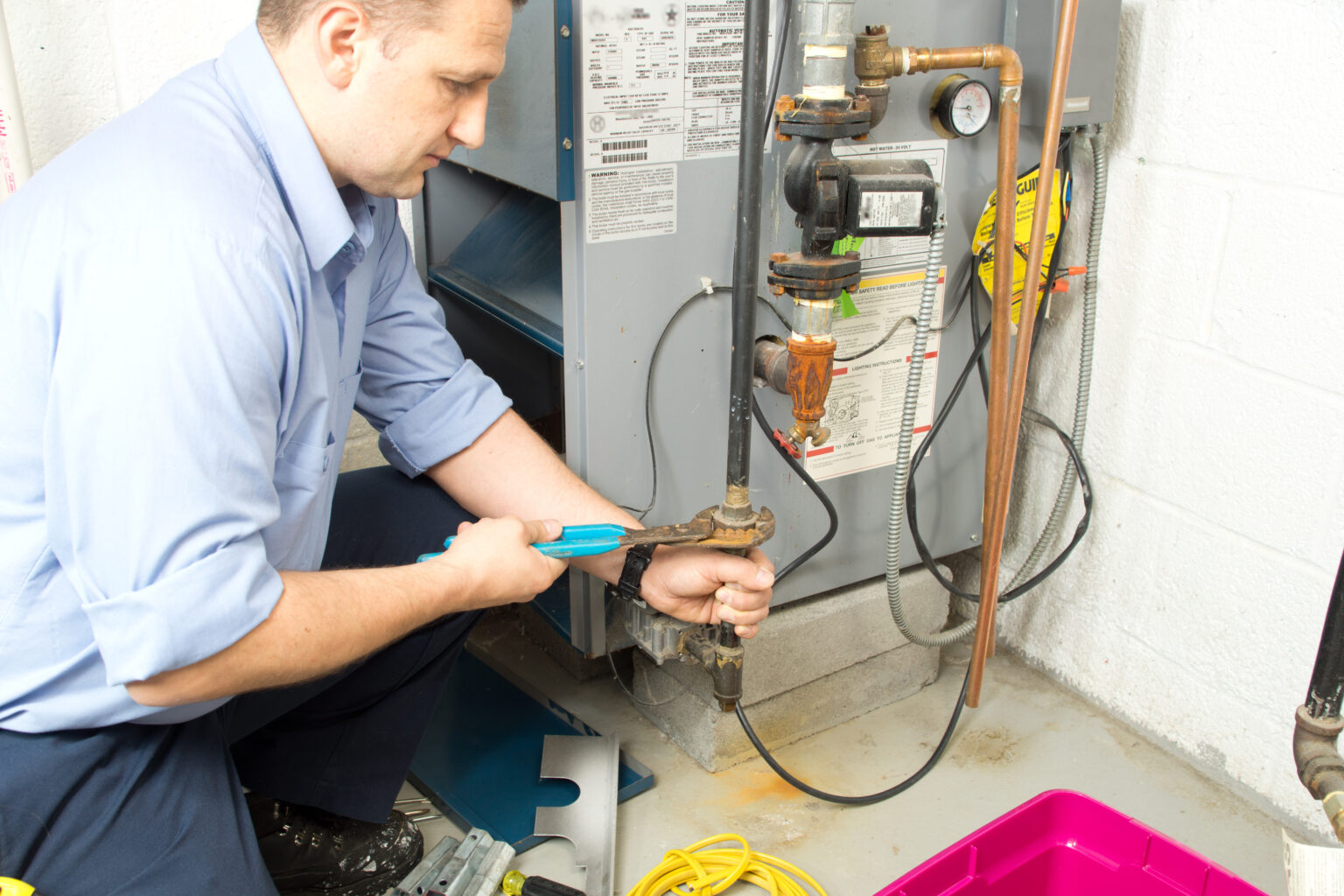How Does an HVAC Furnace Work?
Learn how your furnace & HVAC systems work together to heat and cool your home & how you can improve your house’s energy efficiency with just a few simple tips.
Many homeowners don’t know the difference between an HVAC system and a furnace or how they might work together. A heating and cooling system has several complex components to get your home to the best temperature. AC systems cooperate with your heating system, and if you improve one, you’ll be improving the other.
But how are they different from each other? Let’s explore the differences and how they work for you.
Are the Furnace and HVAC Systems Different?
HVAC, or heating, ventilation, and air conditioning, is the system in your home that’s made up of three units. Each system works together to provide the optimal air temperature and flow.
A thermostat controls your heating/cooling system, which senses your house’s temperature as it goes up and down. The thermostat’s signals activate your HVAC, and the essential function turns on your home’s heating or cooling.
A furnace also uses a thermostat but regulates your home’s temperature by heating the air with fuels such as gas or oil.
How Do Home Furnaces Work?
Furnaces work based on the energy used, electricity, natural gas, or oil, affecting how they heat your house. How does a furnace work heat the air? Here are the basic steps:
- You set the desired temperature on the thermostat. When the house’s temperature falls below that, the thermostat tells the furnace to start a heating cycle and the blower motor to turn on the HVAC fan.
- The heating elements get the message and turn on. Gas or oil is released into valves and creates flames. In electric furnaces, electricity powers the heating elements like the elements in space heaters.
- In electric furnaces, the elements directly transfer heat to the air. The flames heat a sealed chamber called an exchanger that warms the air in gas and oil furnaces.
- The blower and fan push the warm air through your vents, heating your house.
- When the indoor temperature reaches the desired level, your thermostat tells the furnace to shut off.
Do You Need To Run Your Furnace and Your AC at the Same Time?
When you have a furnace and an HVAC, you shouldn’t be running them simultaneously. Since your furnace is trying to heat things, it’s competing against the AC if it’s running, and that could damage your HVAC or make it age quicker. When it’s hot enough outside that you don’t need to heat it, you should switch to the AC until it’s fall and winter again.
Also, remember that using a furnace humidifier during the summer will increase the load on your AC. Your air conditioning works to dehumidify the air when it’s hot outside. You want the humidifier running during the winter to help make your home more comfortable and feel warmer.
When you need help keeping your home energy-efficient and warm, understanding your HVAC system can help. If you don’t think your system is working properly or want help making it more energy-efficient, contact Jamison Heating & Cooling Services. Our licensed technicians can help you with any maintenance or repair.





